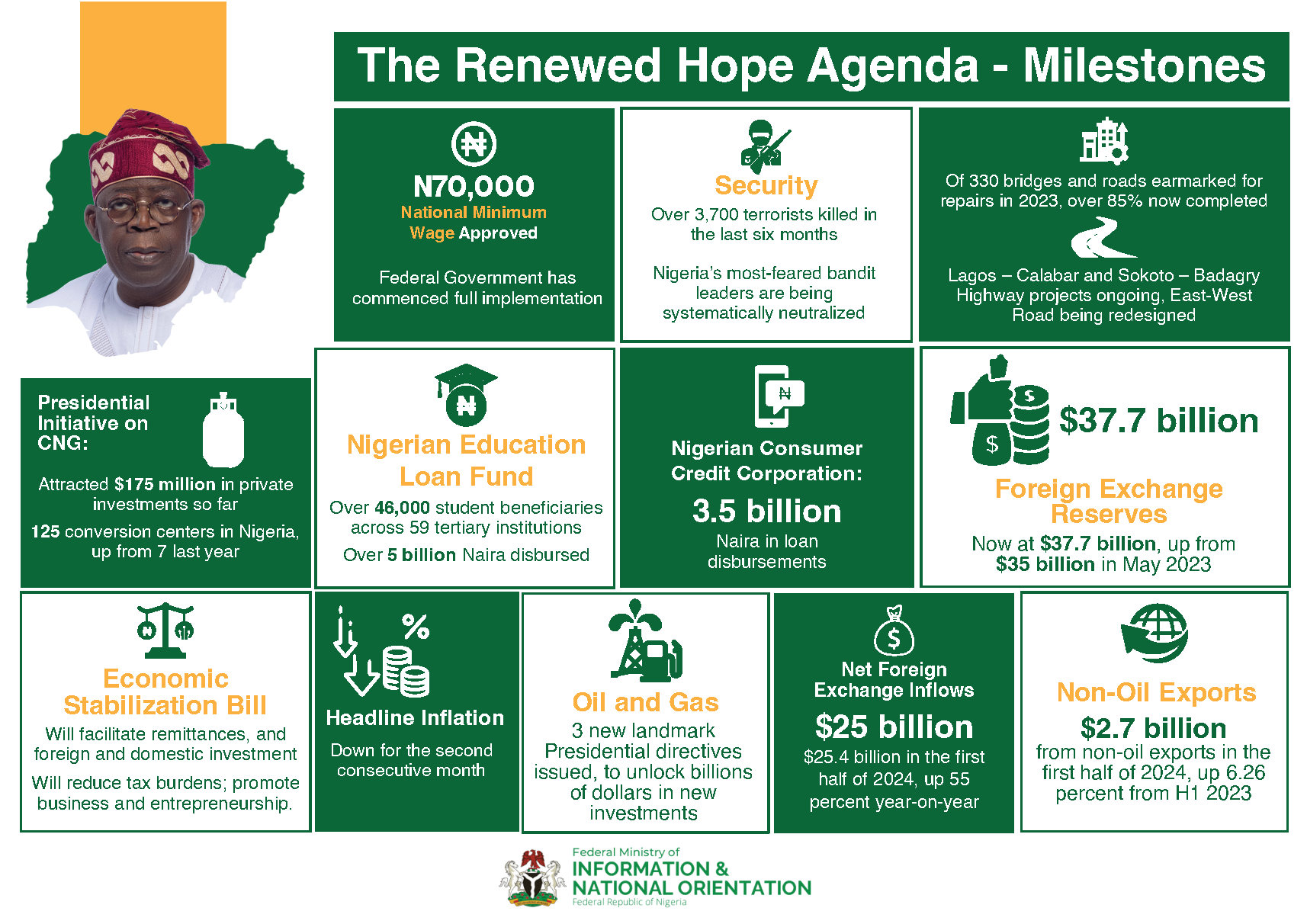The Supreme Court of Nigeria on Friday brought untold joy into the hearts of Nigerians as it declared the currency change policy of President Muhammadu Buhari as invalid and illegal. The apex court therefore reversed the change and ordered that the old currency notes of N1000, and N500 co-exist with the new notes till December 23, 2023.
The seven man panel of the court, in the lead judgment read by Justice Emmanuel Agim, flayed President Buhari over his dictatorial tendencies, and lack of respect for the rule of law as he failed to consult the federating states through the National Council of States, and the National Economic Council before embarking on the change of currency. Likewise, the apex court held that the fact that President Buhari disobeyed its order, as represented by his national broadcast implies that he lacks respect for the rule of law.
Justice Agim first determined the issue of jurisdiction of the court as he held that the apex court has original jurisdiction as the matter is that of a conflict between the Federal government and the federating states. He declared that the federal government of Nigeria is an agent of the Federation, and by implication, the acts of the federal government is the act of the federation. “This is purely a dispute between the federating units and the federation. It is a dispute within the original jurisdiction of the Supreme Court”, he said.
On the issue of not joining the Central Bank of Nigeria(CBN), Justice Agim said that It is glaring that the CBN has no power to introduce new naira notes without the directive of the president. He said that the argument of the Defendants that CBN ought to have been joined is without any merit. Quoting the broadcast of the president to show that the president authorized the introduction of the new notes, he upheld that the suit can be effectively determined without joining cbn.
He maintained that the CBN need not be joined when its disclosed principal has been sued. It has been held in many cases that an agent of a disclosed principal is not a necessary party. This suit is not between banks. It is therefore not within the exclusive jurisdiction of the Federal High Court. It is a dispute between some states and the federation over the way and manner the federal government made a policy without the involvement of the national council of states.
The scope of the original jurisdiction of the court covers any dispute. This court is vested with an unlimited jurisdiction over disputes between states and the federation. These issues therefore fail and are hereby dismissed.
The court held that It is not in dispute that the President did not consult the National Council of State and the National Economic Council, which are constituents of the states and ought to have been consulted. The Constitution of the Federal Republic of Nigeria does not expressly require consultation before taking any decision, but the need to consult them is implicit in the constitution and in a democracy.
The court said that members of the National Council of States and National Economic Council are representatives of the State. It said their consultation after the policy had come into existence is belated.
Justice Agim further said that no notice was given by the president before he embarked on the currency redesign. “There is even nothing to show by any public notice that the currency would be redesigned. The public only became aware through press remarks. It cannot qualify as a notice to the public. The 1st defendant’s reliance on it as a proper notice is misconceived. The said press remarks is invalid. The President in his national broadcast admitted that the policy has brought untold hardships. The decision to change a country’s currency cannot be handed down after a personal consultation with just the CBN Governor”.
Justice Agim referred to the procedure in India. “Changing a country’s currency involves serious consultations. This was not done in this case. I hold that no reasonable notice was given as required by s 20(3) of the CBN act. The directive and implementation of the policy is invalid”.
On the issue of whether the court should hear the defendants, the court held that the defendants ought not to be heard when it has refused to obey the orders of the Honourable Court. “The disobedience of the orders of the court is a sign of the failure of rule of law”.
Reliefs granted by the court are as follows:
- The demonetisation policy is inconsistent with the CBN Act.
- A declaration that the President cannot make a unilateral policy without carrying the Plaintiffs along.
- In issuing the policy, the president is under an obligation to carry the national council of states along.
- The policy has impeded the functions of state governments.
- The directive of the president is illegal
- Old version of the naira notes shall continue to be legal tender with the new naira notes until 23rd December 2023.
Sixteen states of the Federation instituted the suit to challenge the legality or otherwise of the introduction of the policy.
The suit initially instituted by Kaduna, Kogi and Zamfara states has been slated as the first case on the cause list for final verdict.
Justice John Inyang Okoro who led a seven-man panel of Justices of the Court had on February 22 fixed today for the court to make its decision known on the suit.
The 16 states led by Kaduna, Kogi and Zamfara are praying the apex court to void and set aside the policy on the ground that it is inflicting hardships on innocent Nigerians
They accused President Muhammadu Buhari of usurping the function of the Central Bank of Nigeria (CBN) in the introduction and implementation of the policy and asked that the directive issued by Buhari be voided.
On its part, the Federal Government challenged the jurisdiction of the Apex Court on the grounds that the CBN was not joined as a party and that the dispute on the policy ought to be directed at the CBN so that the suit can be referred to the Federal High Court.
Governor Nasir El-Rufai of Kaduna State and his Kogi State counterpart, Yahaya Bello were in court to witness the judgment on Friday. The two governors were also in court at the last hearing. Also, Zamfara State Governor, Bello Matawalle was in court on Friday.
The Central Bank of Nigeria (CBN) had extended the deadline for the swap of old N200, N500, and N1,000 from January 31 to February 10 following complaints by many Nigerians but the Supreme Court, after a suit filed by the states, held that the Federal Government, the CBN, commercial banks must not continue with the February 10 deadline pending the determination of a notice in respect of the issue.
However, President Muhammadu Buhari, in a national broadcast last Thursday, directed the apex bank to release old N200 notes into circulation to co-exist with new N200, N500 and N1,000 banknotes for 60 days — by April 10, 2023. He also said old N500 and N1,000 banknotes cease to be legal tender in Nigeria.
There has been a flurry of reactions and stark criticisms against the President’s directive including from governors of his party, the All Progressives Congress (APC).
Governors Nasir El-Rufai (Kaduna), Abubakar Badaru (Jigawa), Rotimi Akeredolu (Ondo), Umar Ganduje (Kano); Speaker of the House of Representatives, Femi Gbajabiamila; Minister of State for Labour and Employment, Festus Keyamo; and many stalwarts of the ruling APC have openly censured and faulted the President’s directive, arguing that it has not grounds because the case is before the apex court.
Leading Senior Advocates of Nigeria like Femi Falana and Mike Ozekhome have equally faulted the President’s move, saying he cannot overrule the apex court of the land.
Dear readers, we really need your support to keep on serving you with authoritative, truthful, and juicy stories everyday. For your support, please reach out to the editor @gavelinternational66@gmail.com


